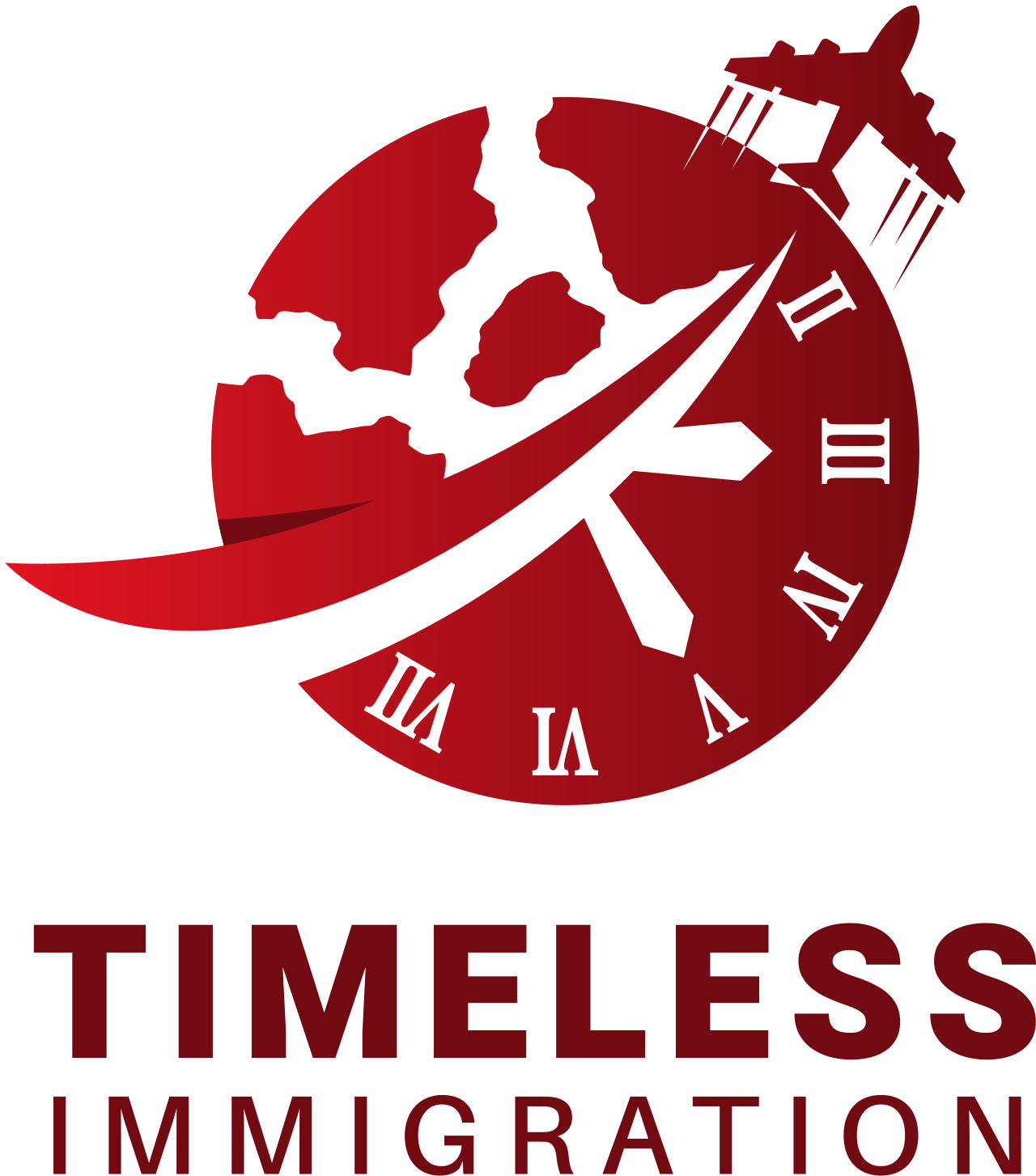LMIA

The Labour Market Impact Assessment (LMIA) in Canada is a crucial process that plays a significant role in the country’s immigration system, particularly for those seeking employment opportunities. This comprehensive evaluation allows the Canadian government to determine the potential impact of hiring a foreign worker on the domestic labor market. The LMIA is designed to ensure that the employment of a foreign worker does not negatively affect Canadian workers and that the hiring of a foreign worker is a necessity to address labor shortages in the country.
Understanding Labour Market Impact Assessment (LMIA)
The Labour Market Impact Assessment (LMIA) is a system implemented by Employment and Social Development Canada (ESDC)/Service Canada. It evaluates various aspects of hiring a foreign worker, focusing on the impact it may have on the Canadian labor market. Employers in Canada often require an LMIA before they can hire a foreign national to fill a job vacancy.
Purpose of LMIA
The primary purpose of the LMIA is to safeguard the Canadian job market. It ensures that employers have genuinely tried to recruit Canadians for available job positions and that hiring a foreign worker is a last resort. This helps maintain the balance of opportunities for both Canadian and foreign workers, preventing any adverse effects on the domestic workforce.
Types of LMIA
There are several categories of LMIA, each addressing specific labor market needs and situations:
LMIA categorizes jobs into high-wage and low-wage positions, each with its own set of rules and requirements. High-wage positions typically require a higher salary, and employers must meet certain conditions to hire a foreign worker for such roles.
GTS is a fast-track stream within the LMIA process that aims to help innovative companies in Canada attract highly skilled global talent more expediently. This stream has specific requirements and facilitates the hiring of workers with unique skills and expertise.
This stream is designed to address labor shortages in the agricultural sector. It allows employers in the agricultural industry to hire foreign workers for specific jobs when there are no available Canadian workers.
The SAWP allows agricultural employers to hire foreign workers for seasonal agricultural work when there is a shortage of Canadian workers during certain periods.
This stream addresses the need for caregivers, particularly for children, seniors, or individuals with medical needs. Employers can apply for an LMIA to hire foreign caregivers when they cannot find suitable Canadian candidates.

Process of Obtaining an LMIA
The LMIA application process involves several steps, ensuring that employers meet all the necessary requirements:
The employer initiates the process by submitting an application to Service Canada/ESDC. This application includes details about the position, efforts made to recruit Canadians, and plans for the temporary foreign worker.
As part of the application, employers must advertise the job in various platforms to demonstrate their efforts to hire Canadians. The advertisement must meet specific criteria set by the government.
ESDC assesses the potential impact of hiring a foreign worker on the Canadian labor market. They consider factors such as wages, working conditions, and the impact on Canadian workers and businesses.
Based on the assessment, ESDC either approves or denies the LMIA application. If approved, the employer receives a positive LMIA, allowing them to hire a foreign worker for the specified position.
Challenges and Considerations
While the LMIA process is designed to strike a balance between filling labor gaps and protecting Canadian workers, it can be a complex and time-consuming procedure. Employers often face challenges in navigating the requirements and ensuring compliance. Some common challenges include:
- Stringent Requirements: The LMIA process has strict criteria that employers must meet, including proving efforts to hire Canadians, offering competitive wages, and providing suitable working conditions.
- Processing Time: The processing time for an LMIA application can be lengthy, potentially delaying the hiring process for employers in urgent need of workers.
- Documentary Evidence: Employers must provide substantial documentary evidence to support their application, which can be an extensive and meticulous task.
- Compliance with Regulations: Maintaining compliance with all LMIA regulations throughout the employment period can be challenging for employers, necessitating ongoing efforts to meet the stipulated conditions.
